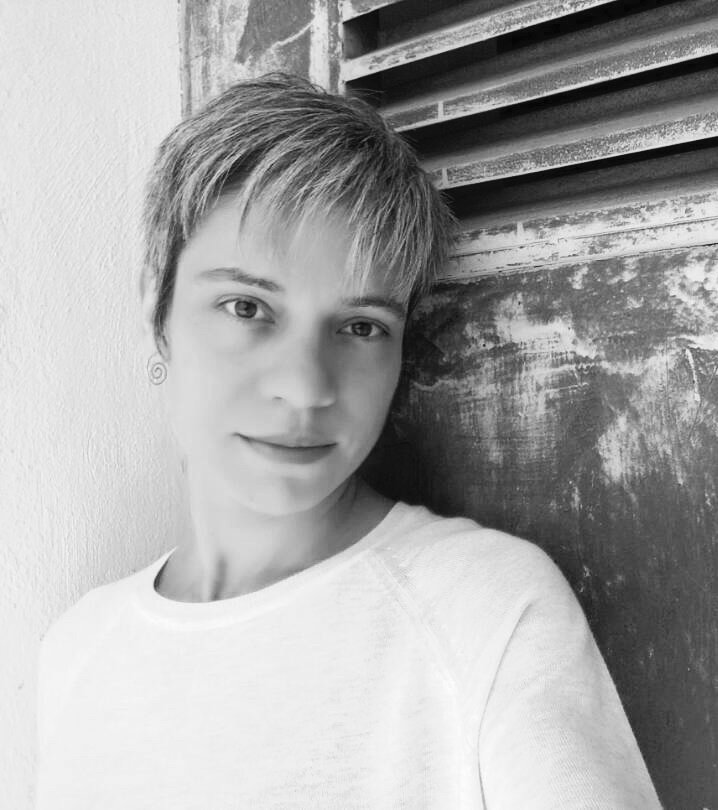Rigel García

Attending the CIMAM 2018 Annual Conference in Stockholm has been a unique opportunity to observe the kind of issues that concern museums from all over the world: the decolonial perspective, the interest in local artistic practices, the growth of reflections about materiality or the impact of technologies. I was touched by how different those concerns can be depending on the context. In that sense, I found very challenging the discussions and workshops about how individuals and institutions can deal with ethical problems derived from “power-exchange” scenes related to funding such as sponsorship, private donors and other conflicts of interests. I believe it is very relevant to think about these dynamics also in a context of politic dominance where public institutions frequently have to respond to government guidelines that compromise the freedom of curatorial practice and the ethic of museological protocols. Jörg Heiser's keynote mentioned the threats that face curators in an era characterized by the instrumentalization of art or the event-oriented exhibitions: a real problem that involves economic and politic interests but that seems to affect large-international circuits or areas where the cultural practices have gained a stellar prominence. What about the minor scale struggles in local scenes frequently isolated from the information flow? The perspective of Ahmet Ögut was very sensitive and respectful in pointing out these kinds of problems: when he asked 'Protect the cultural heritage or protect the professionals?', or 'What´s a need to be protected?' I think it was an exciting reminder about the permeability of the ethics and responsibilities between the 'institution' (as an official subject) and the 'workers' (as the professionals who have the real custody of knowledge and collections). We should, therefore, be aware of how –in some contexts– most of the commitment comes from the museum workers and not exactly from institutional policies, which are often distorted and even diluted by governmental interests. This is a permanent, tense and invisible relationship that we can find (and that we must think about) in museums located in areas of conflict or in countries under authoritarian governments. How can these 'non-institutions' deal with permanent exercises of power and still survive to maintain basic protocols? It would be interesting to ask ourselves about the notion of Transition in problematic horizons like these. In those cases –and (un)following Meno's Paradox quoted by Loulou Cherinet– the inquiry is definitely necessary even if museums know what they are looking for.